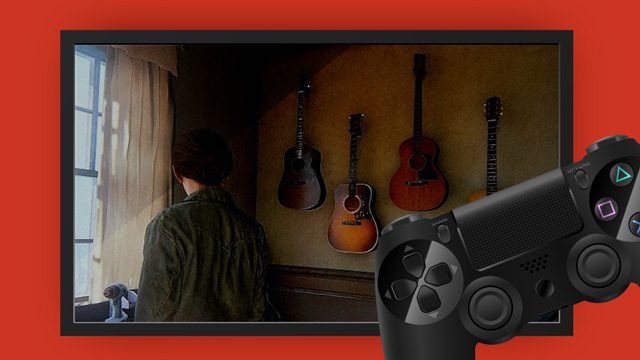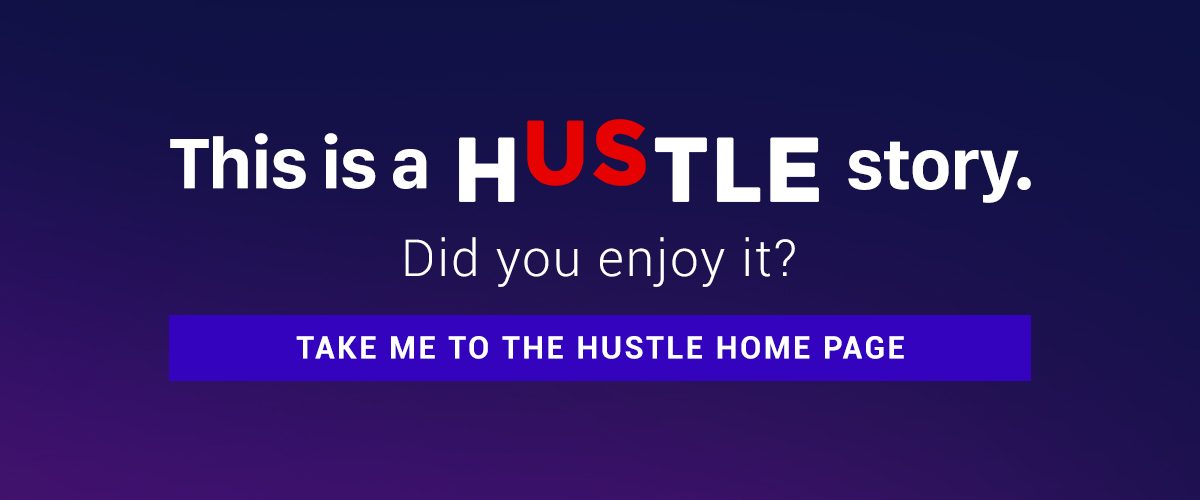SUMMARY
This is AI generated summarization, which may have errors. For context, always refer to the full article.

(SPOILER ALERT: Major spoilers ahead. You can read our spoiler-free review here. )
What’s with the hate for The Last of Us 2? I’ve spotted several points of contention: that the second female lead, Abby, is big and muscular, and not pretty-with-the-”right”-proportions as most female game characters are; and that it’s trying to make a political statement by having the other female lead be a lesbian. But the biggest thing: that Joel dies. Joel was the hero of the first game. Joel is in one of the few games where the player’s main character dies.
That there is such a vitriolic reaction to Joel’s death tells you how effective the first game was. Joel was the loving father turned alcoholic smuggler, who had been given a second chance at fatherhood with heroine Ellie – the last hope for humanity, whose immunity may be the key to curing the fungal infection that turned everyone into zombies.
For those who have not played it: Ellie would’ve had to die to extract whatever special qualities her body had. Joel, who’d already suffered the loss of a daughter at the start of the pandemic, wouldn’t stand for it, and saved Ellie. Ellie, unconscious at the time, wouldn’t know what had happened exactly until later on. For this, she’d despise Joel for taking from her what was nothing short of biological destiny.
Joel then is father and savior. Untouchable in the eyes of most everyone who’s walked in his digital boots. A revered hero who sacrificed the future of humanity for his immense love for his surrogate daughter.
The Last of Us 2 explores the consequences of Joel’s acts. The part I can only stand slightly behind is Ellie’s anger at Joel. Ellie’s point of contention is that Joel took away the choice from her – to die for humanity or not. But the Fireflies, the group who could make that attempt to make a cure, didn’t give Ellie that chance either. Ellie was already at the operating table, her head ready to be cut open.
Joel, indeed, saved her, and grabbed her right out of the operating table, but there had been a string of rash decisions that could’ve been avoided. There could’ve been an outcome where Ellie actually gets to say or no for herself. But what do you know? Joel, by his nature, had to be imperfect. Naughty Dog never meant Joel to be the infallible superhero.
(An aside: in TLOU2, collectible cards that show comic book heroes placed on a spectrum of heroism and villainy, complement this theme of moral grayness that the game is trying to get across.)
It’s Joel’s actions – propelled by the human nature to save what is dear to us, no matter what – that serves as the thick, dirty mud on which TLOU2’s characters are forced to muck around in, demanding satisfaction, and never finding any.
Joel had to die. Otherwise, there would have been no weight to TLOU2’s story. If Ned Stark hadn’t had his head sliced off, we wouldn’t have known that Game of Thrones meant business, that no one was safe. In a post-apocalyptic world like TLOU2’s, that kind of vulnerability had always been there. Joel’s daughter died at the very beginning of TLOU1, after all, and so did his partner Tess, and Ellie’s dear friend Riley later on. Death’s hand is always on your shoulder – the first game established that quick.
The big difference with Joel’s death: he’s the hero. He’s the player. So in a way, it’s a new kind of vulnerability. As a player, it’s your hands that guided Joel on his great American killing spree. So when TLOU2 took that agency away – you’re helpless as you see Joel die – it must’ve been, at the very least, jarring.
It’s a different feeling from when we saw Final Fantasy VII’s Aerith die back in 1997. Aerith, while a controllable character, was still an external character. You were hero Cloud Strife, and you had the power to get revenge for it. Perhaps there are also gender dynamics at play here. Joel the man is bludgeoned by Abby, the big strong woman, but that’s a whole other topic.
And then after Joel’s death, at some point, you get to play as the hero-killer herself, Abby. The gall of Naughty Dog, said some – insult to injury, for some.
I will say this: I love Abby. Visually, she breaks the mold of what a tough girl in a video game should be. She has traditionally masculine characteristics, is built like an ox, but also tender, and loving – and driven, too, by the same human tendencies we’ve seen from Joel and Ellie.
Who’s good, who’s bad? Who knows? It’s certainly not the first work in pop culture that asks discussions on moral gray areas. But in video games, where there is often always one clear hero blasting or maiming everyone to smithereens, this game could be the first to really put you in the shoes of a hated “enemy” – and it’s just not a feeling that we’re accustomed to.
It put gamers in a rather uncomfortable spot, and places us firmly in the shoes of what was supposed to be an enemy – something to be destroyed rather than understood. It put us in a place of great vulnerability. But that’s what the great works do, right? – Rappler.com
Add a comment
How does this make you feel?


There are no comments yet. Add your comment to start the conversation.